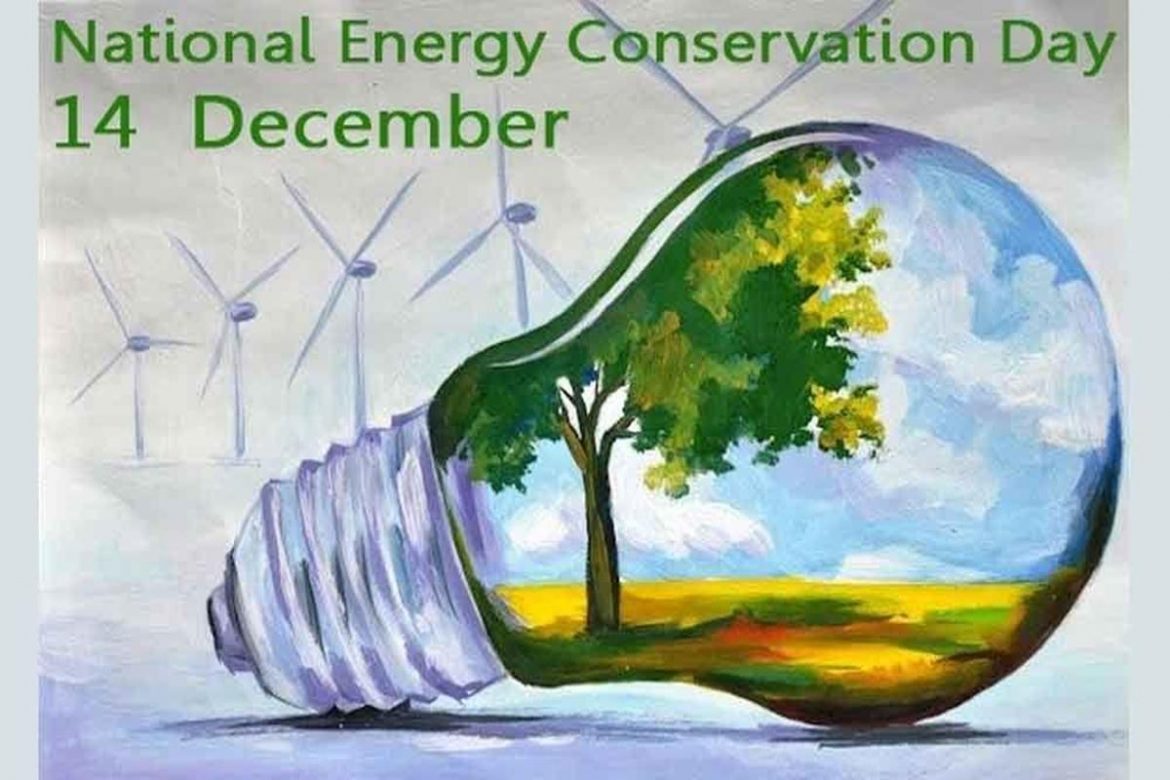“Earth provides enough to satisfy every man’s needs, but not every man’s greed,†said Mahatma Gandhi, a line that sets the stark message of December 14th, which is celebrated as ‘Energy Conservation Day’ to raise awareness on the importance of energy conservation for the present and future generations. The nature is at the dire need to conserve energy and focus all its attention towards restoring the saving the energies.
Energy conservation emphasizes the judicious use of energy to minimize wastage and to save sources for the future. Energy conservation also advocates the importance of non-renewable resources.
The India Energy Conservation Act was first implemented by the Energy Efficiency Bureau (BEE) in 2001. The BEE is a body that works under the jurisdiction of the Government of India and formulates policies regarding the use of energy.
Conserving energy produces a higher quality of life. Reduced emissions result in cleaner air quality. In addition, it helps to create a healthier planet or at least helps sustain the resources we already have. Natural Resources like Fossil fuels, Crude oil, coal, natural gas, etc. are available on Earth in abundant quantities and have the potential to generate huge amounts of energy. However, its increasing demand and rapid depletion is a threat that looms large on our generation and the generations to come.
Out of the 198 countries to sign the historic Paris Agreement of 2015 to reverse climate change, India is among one of the few countries to effectively accomplish its goals and fulfill its promises.
👉 Click here to read the latest Gujarat news on TheLiveAhmedabad.com




